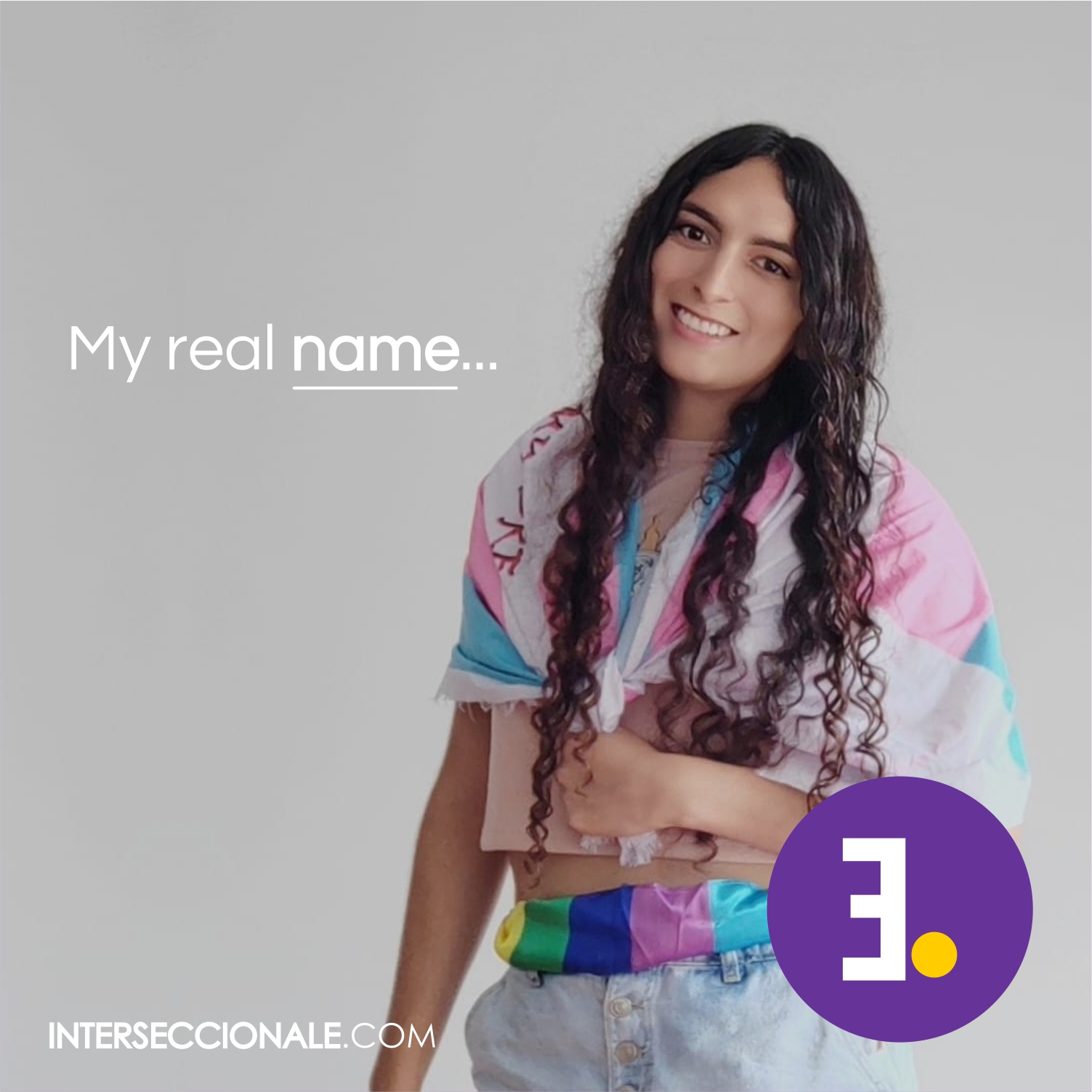It is important to address a topic that is often overlooked but has a significant impact on the lives of many people: names. Specifically, we want to explore the difference between the name we were given at birth and our true name, the one we choose to reflect our identity and authenticity.
Our name at birth can be seen as a label imposed by society, a choice often determined by cultural norms, family traditions, or simply gender expectations. But what happens when that name doesn’t truly represent us?
Many of us have experienced that feeling of discomfort when pronouncing or hearing our birth name. It may not align with our gender identity, our culture, or even our personality. That’s when the need arises to find a name that truly reflects who we are.
This process of questioning and discovering a new name can be liberating and empowering. It gives us the opportunity to connect with our most authentic essence and affirm our identity to the world. However, it can also be challenging as it involves facing judgment and misunderstanding from those who don’t understand or accept our identity.
It is worth noting that every person has the right to choose their own name, and this choice deserves to be respected. Names that may seem unusual or “strange” to some hold deep significance for those who choose them. It is through these names that we express our diversity, individuality, and the richness of our intersecting identities.
By breaking free from imposed expectations and norms, we are challenging stereotypes and building a more inclusive world. By respecting the names chosen by each individual, we are recognizing and valuing their right to define themselves.

Foto: Francesca Rojas.
#RealNames #AuthenticIdentity #DiversityAndInclusion #BreakingStereotypes #RespectNow #Intersectional #MyTrueName #Interseccionale